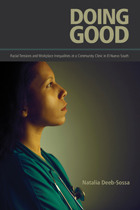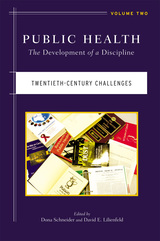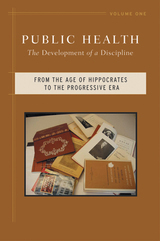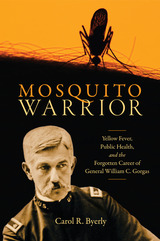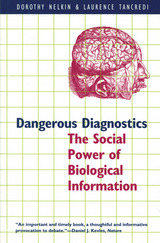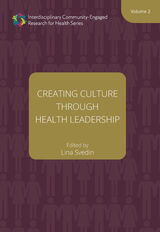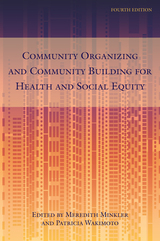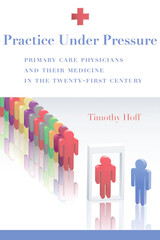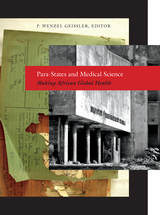Paper: 978-0-674-00865-6
Library of Congress Classification RA427.P834 2002
Dewey Decimal Classification 362.1
Global health problems require global solutions, and public–private partnerships are increasingly called upon to provide these solutions. Such partnerships involve private corporations in collaboration with governments, international agencies, and nongovernmental organizations. They can be very productive, but they also bring their own problems. This volume examines the organizational and ethical challenges of partnerships and suggests ways to address them. How do organizations with different values, interests, and world-views come together to resolve critical public health issues? How are shared objectives and shared values created within a partnership? How are relationships of trust fostered and sustained in the face of the inevitable conflicts, uncertainties, and risks of partnership?
This book focuses on public–private partnerships that seek to expand the use of specific products to improve health conditions in poor countries. The volume includes case studies of partnerships involving specific diseases such as trachoma and river blindness, international organizations such as the World Health Organization, multinational pharmaceutical companies, and products such as medicines and vaccines. Individual chapters draw lessons from successful partnerships as well as troubled ones in order to help guide efforts to reduce global health disparities.
See other books on: Austin, James E. | Miscellanea | Public health | Public-private sector cooperation | Social Policy
See other titles from Harvard University Press


